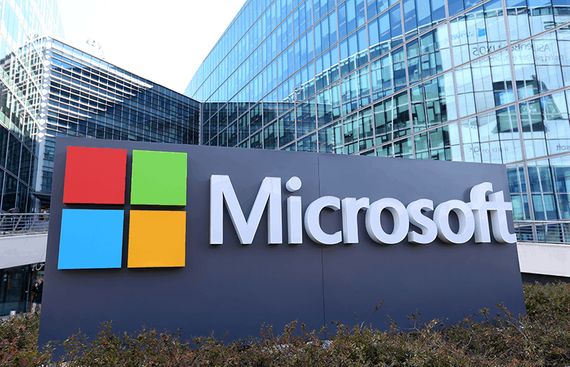Microsoft Joins Invest India to Support11 Tech Startups

Microsoft India has announced the association with Invest India to nurture tech startups in India. The company has onboarded 11 startups for its Microsoft for Startups program from fields like agriculture, defense/security, IT/ITeS, e-mobility, waste management and financial services.
The 11 startups would gain access to profit including Azure credits, and support for technology and business acceleration, with a focus set on scaling their growth.
They would be able to use Microsoft technology that include Azure, GitHub, and M365, allowing them to quickly build and execute their businesses, the company states in a statement.
The Microsoft for Startups program would work directly with Accelerating Growth of New India's Innovations (AGNIi Mission), a programme of the Office of the Principal Scientific Adviser to the Indian government.
Deepak Bagla, MD and CEO, Invest India says, "Fostering strong ties with the top enterprises in the world to nurture Indian innovation is one of the most important contributions of AGNIi in ensuring India's continued strength in the global economy."
Housed and executed by Invest India, AGNIi Mission helps startups become enterprise ready.The selected startups will also get personalised technical sessions, content, and mentorship.
Moreover, they will be able to leverage Microsoft's Azure Marketplace, enterprise sales team, and the rapidly growing partner ecosystem to develop and execute their go-to-market strategies, said Microsoft.
"The collaboration between Microsoft and Invest India affirms our commitment to the startup ecosystem in the country, aid Emily Rich, Director of Startups, APAC, Microsoft.
"Combining the reach of Invest India's AGNIi Mission with the tech and business resources of Microsoft for Startups, this is an exciting opportunity for startups to accelerate their aspirations for enterprise readiness," Rich adds.
